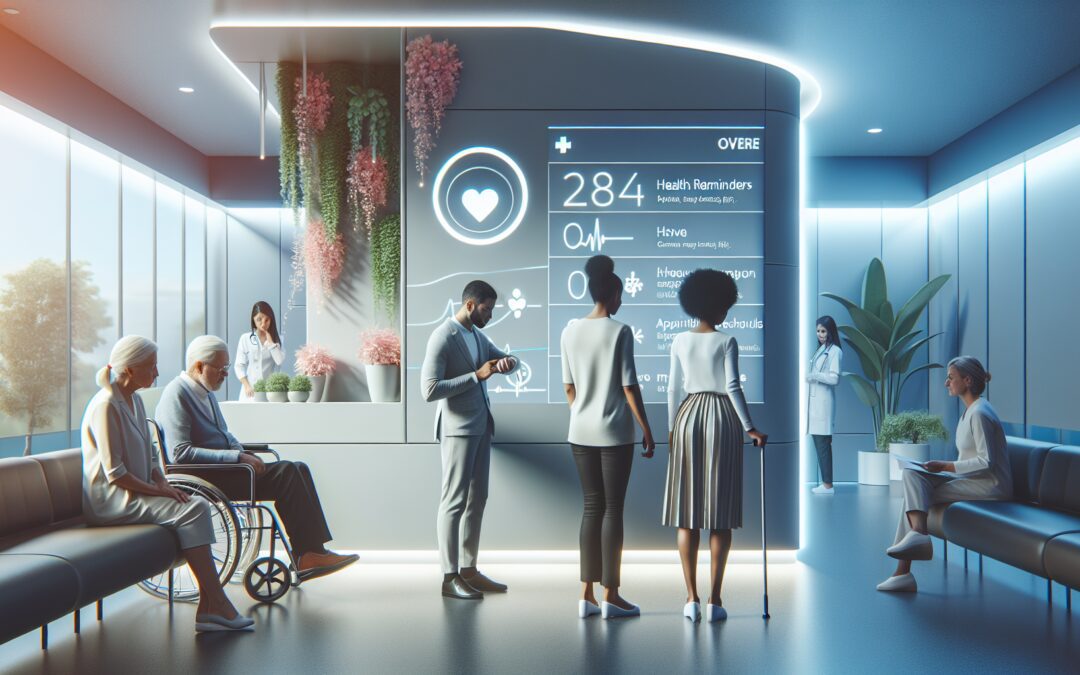Introduction to Patient Reminder Systems
In the realm of healthcare, maintaining effective communication with patients is critical for ensuring high-quality care and optimized health outcomes. Patient reminder systems serve as a crucial tool in this endeavor, helping to minimize no-shows, ensure timely delivery of care, and improve overall patient engagement. The advent of technology has transformed these systems from simple appointment reminders to comprehensive communication tools that manage various aspects of patient care and interaction.
The Importance of Patient Reminder Systems
Missed appointments are a significant issue in healthcare, leading to inefficiencies and higher costs. Patient reminder systems, by ensuring that patients are aware of and remember their upcoming appointments, can substantially reduce no-show rates. Additionally, these systems can promote better health management by reminding patients of medication schedules, follow-up appointments, and preventive screenings, thus contributing to better overall health outcomes.
Types of Patient Reminder Systems
1. Manual Reminder Systems
Traditionally, manual systems were used where office staff would call patients to remind them of their appointments. While effective, this method is time-consuming and not scalable for larger practices or hospitals.
2. Automated Phone Call Systems
With advancements in technology, automated phone call systems have become popular. These systems automatically send voice messages regarding appointment details, which patients can confirm or cancel by pressing phone keys.
3. SMS and Email Reminders
Text messages and emails are now commonly used for sending reminders due to their low cost and high reach. They allow for sending detailed messages and are preferred by patients who appreciate the convenience of electronic communication.
4. Mobile App Notifications
Many healthcare providers now offer a mobile app that includes features like appointment reminders, medication alerts, and more. These apps are interactive, allowing patients to manage their appointments and communicate directly with their healthcare providers.
Key Features of Effective Patient Reminder Systems
To be effective, a patient reminder system must have several key features:
- User-Friendly Interface: Whether it’s an app, SMS, or email, the system should be easy for both staff and patients to use.
- Customization: The system should allow for customization of reminder messages based on the type of appointment, patient preferences, and health needs.
- Reliability: It should deliver messages accurately and on time, with automated rescheduling functionalities where necessary.
- Scalability: It must be able to handle the volume of patients at a healthcare facility without degradation of service.
- Compliance with Healthcare Regulations: Reminder systems must adhere to regulations such as HIPAA in the U.S., ensuring that patient data is protected and confidentiality is maintained at all times.
Benefits of Implementing Patient Reminder Systems
Implementing an effective patient reminder system in a healthcare setting offers numerous benefits. Firstly, it reduces no-show rates significantly, which maximizes resource utilization and optimizes clinical operations. It also enhances patient satisfaction by simplifying the process of healthcare management and providing timely communications. Additionally, it contributes to better clinical outcomes by aiding in the management of chronic diseases and promoting regular communication between patients and healthcare providers.
Challenges and Considerations
While patient reminder systems have numerous advantages, there are also challenges that need to be addressed. The primary consideration is ensuring patient privacy and data security, especially with systems that utilize electronic communications. There is also the need to cater to diverse patient populations that might have specific communication preferences or limited access to certain technologies. Moreover, the initial setup and ongoing management of these systems require careful planning and investment.
Conclusion
Effective patient reminder systems are indispensable tools in modern healthcare management. By choosing the right type of reminder system, ensuring it includes key features, and addressing potential challenges, healthcare providers can significantly improve communication with patients, reduce no-show rates, and enhance overall patient care and satisfaction. As technology evolves, these systems will likely become even more integrated into the health management processes, making efficient and effective communication a reachable goal for healthcare systems everywhere.


